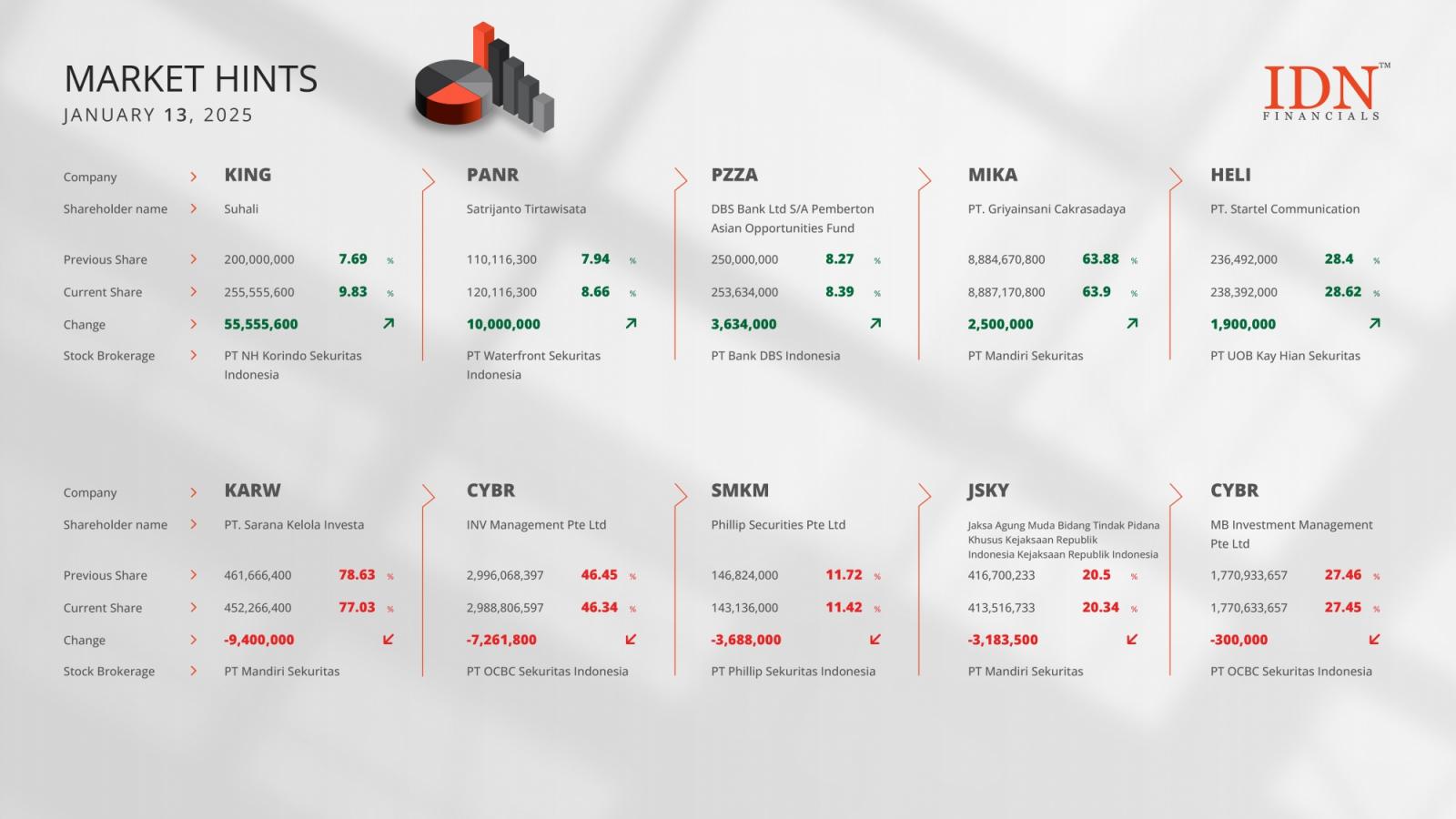BlackRock’s Bitcoin ETF plan raises concerns about asset ownership and risks during protocol changes or hard forks.Self-custody is crucial for Bitcoin holders to maintain financial sovereignty and protect against centralized risks.
Bitcoin has become a benchmark for worldwide investors, with considerable inflows, particularly through exchange-traded funds (ETFs). Within just two trading days early in 2024 alone, around $1 billion went into Bitcoin ETFs.
The story behind Bitcoin ETFs seems bright as younger generations choose Bitcoin as their financial benchmark more and more. Benevolent or a trap? That is a crucial question hidden underneath this expansion, nevertheless.
The argument revolves around BlackRock, the biggest ETF issuer worldwide. ETFs streamline Bitcoin investing, but Simply Bitcoin cautions of possible seizure.
BlackRock reserves the right to choose whatever digital asset fits the ETF’s goal in circumstances of hard forks or protocol changes. This would involve substituting a less valuable token for real Bitcoin, therefore compromising asset security and ownership.
Historical Lessons: Government Seizures and Centralized Vulnerabilities
The worries about Bitcoin ETFs have some basis. Grim memories of government seizure come from history. Under penalty of heavy fines or imprisonment, the U.S. Executive Order 6102 in 1933 compelled people to turn in their gold. In 2013, Cyprus also saw over $1 billion in seized bank deposits meant to help to stabilize the financial sector.
The similarities reach even to contemporary financial systems. One entity overseeing several Bitcoin ETFs exposes a great vulnerability. Should governments step in, as demonstrated by Canada’s 2022 trucker demonstrations, the seizure of Bitcoin ETF assets may come to pass.
Embracing Self-Custody: Safeguarding Bitcoin and Sovereignty
Among these risks, Simply Bitcoin argues for self-custody as the best defense. Investors remove counterparty risk by possessing private keys straightforwardly. Services like The Bitcoin Way provide direction for people to move to self-custody, therefore making sure their Bitcoin stays untouchable by third parties.
Self-custody also emphasizes Bitcoin’s ethos: personal sovereignty. Unlike traditional banking systems, Bitcoin lets people manage their money, time, and energy free from middlemen. Direct ownership of Bitcoin instead of ETFs conforms with this idea and offers defense against possible centralized risks.
Bitcoin’s True Potential: Decentralization and Financial Autonomy
Bitcoin embodies freedom rather than only a financial value. Its decentralized character questions established power systems and provides a substitute for inflationary fiat money and government excess. But when investors choose ETFs over direct ownership, Bitcoin’s promise is compromised.
The growing impact of BlackRock in the Bitcoin market emphasizes the requirement of alertness. As Simply Bitcoin points out, the company’s activities might cause situations whereby owners of Bitcoin find themselves deprived of real assets. Adopting self-custody is essential for those who respect financial autonomy.
Those who give education top priority and follow safe procedures can safeguard their fortune and participate in the revolutionary potential of Bitcoin.
On the other hand, CNF previously reported that Frax Finance proposed the launching of frxUSD and sfrxUSD to innovate stablecoins with enhanced security and utility characteristics.
Working with BlackRock and NEAR Protocol, Frax Finance is bolstering the infrastructure of decentralized stablecoins and programmable money.
Buy Bitcoin GuideBitcoin Wallet TutorialCheck 24-hour Bitcoin PriceMore Bitcoin NewsWhat is Bitcoin?





